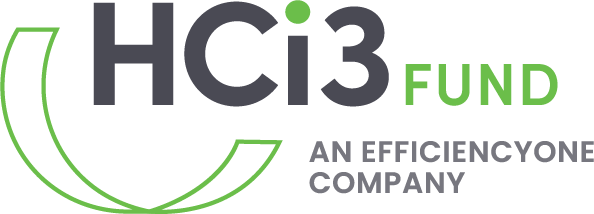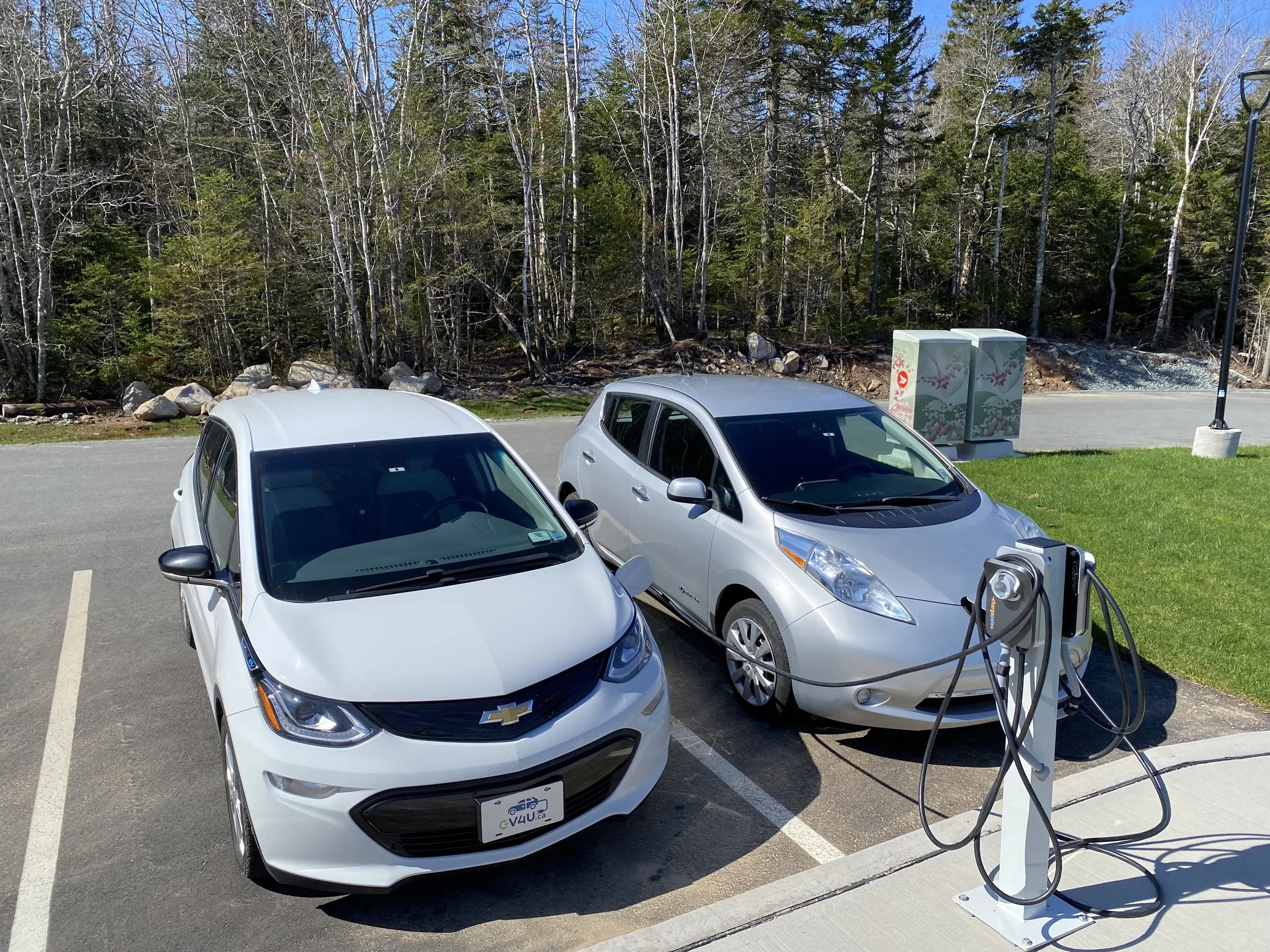[Em]powering Communities
This project will assess Halifax Regional Municipality’s (HRM) flagship renewable energy program, Solar City. Centred around participation, inclusivity, equity (including reconciliation), and support (i.e., PIES), the project proponent will review the program thus far and collect new mixed methods data to assess these outcomes. To ensure the project benefits and is representative of the diversity within the Municipality, the study will be conducted in partnership with community groups from the Mi’kmaw and African Nova Scotian communities. The aim is to provide HRM with an independent analysis and policy recommendations that identify pathways toward a just low-carbon energy transition for the municipality.
Grant award: $49,506
Following the Halifax Regional Municipality’s (HRM) “Solar City Program,” a team of researchers at Dalhousie’s School of Planning is assessing the program with an equity lens to answer the question: is the program serving all of HRM’s communities?
Now in place in different forms for more than a decade, the Solar City program is the municipality’s flagship renewable energy program for community members, providing financing mechanisms that allowed individuals to participate in the clean economy through the installation of three types of solar panels: photovoltaic, hot air, and hot water. Property owners are able to participate by registering online, selecting a contractor, and financing the project through the municipality’s low-interest Local Improvement Charge (LIC) in addition to available rebates or incentives.
After a successful pilot, HRM approved the continuation of the program as part of the municipality’s goal to be net-zero by 2050.
Chad Walker, the lead researcher on this project and faculty member at Dalhousie’s School of Planning, has put together a team of researchers to investigate the success of this project from an equity lens. This research team will help ensure that we’re doing all that we can to support a just and equitable energy transition through the assessment of the program in terms of four key themes: participation, inclusion, equity (including reconciliation) and support (PIES).
The need for a just transition partly stems from the understanding that those who contribute the least to the climate crisis – often marginalized groups who don’t have access to the same resources – bear the worst impacts. These groups are often left out of climate solutions including mitigation strategies, projects, and jobs, and because they’re left out of the solutions, they don’t receive the resulting benefits. This includes, among many other things, access to community programs such as HRM’s Solar City Program.
“We don’t know exactly how just or equitable this local solar energy transition has been,” said Walker on the program. When assessing for success, there was no initial investigation into how accessible the program was to equity-deserving communities. That’s where Walker and the team of researchers come in. Through this project, Walker hopes to provide insight into who has benefited from the program and how it can become more accessible in future iterations.
The team is made up of Walker and three researchers: Masters’ students Lewis Blagogie and Myah Shantz, and research assistant Ty Martin. The research will be primarily led and directed by the three researchers, with assistance and guidance from Walker.
Work will begin with preliminary desktop studies, including gaining a fulsome understanding of the program, where the solar panels are located, and whose roofs the solar panels are on. These initial findings will inform the beginning of the mapping exercise, where the team will create a map of all the projects and their distribution, which will spatially help inform where there are gaps in program delivery.
In the second phase of work, the researchers will engage with local residents and stakeholders through surveys, interviews, and focus groups. All of the pieces of the project will culminate in multiple papers and a final report detailing the findings, which will be used to provide policy suggestions to the municipality for future iterations of the program to improve the metrics of PIES.
“Through surveys and interviews with residents of the HRM and… policy experts who are interested in a just transition, we're going to ask: ‘where are we and how did we end up here? How do we move forward with an even more just and equitable solar energy transition across the HRM’?” Said Walker.
This project is meeting the needs of HRM and the Province, who want to ensure that this kind of work is being done to meet our climate goals while also meeting the needs of all community members. This work will inform future community renewable energy projects – in the HRM and beyond – to be more inclusive, more equitable, and overall, more catered towards those who need it most.




